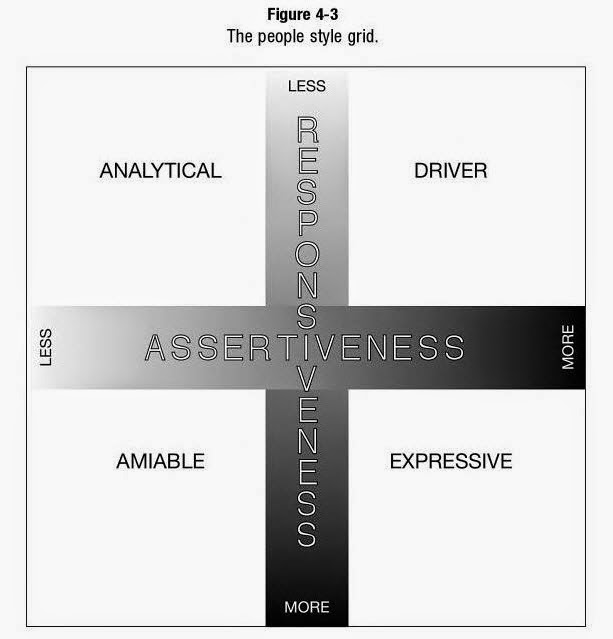Mediation Station

These last few class periods discussing conflict have given me some very useful insights into the way I function and choose to handle conflict. Conflict resolution and mediation have always been a strong suit of mine, although I see now I am only HALF handling the conflicts that surround me. I know that I score low on the assertiveness scale (a trait that makes a poor mediator), yet when and how I choose to assert myself during conflict is entirely subjective to the factors within the situation. For instance, If I am at the heart of the conflict, I will be much less likely to assert myself fully. Whereas, if I am a third party to the conflict, I am much more likely to act as a strong mediator. Although I cannot yet fully understand the cause of these subjective actions, I can correlate the factors involved with each. For instance, I am much more likely to stand up for a loved one than I am for myself. Next, I will discuss the routine that happens to many people who share my "peopl...
